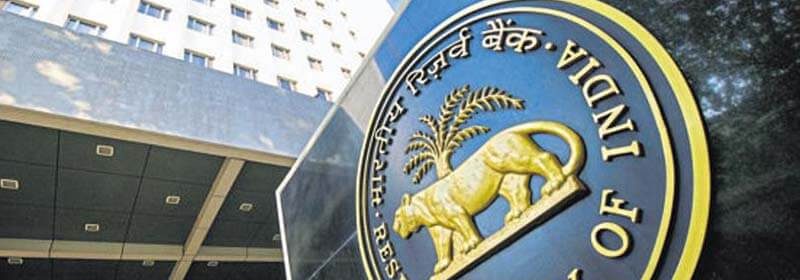The RBI Is Getting Its Digital Rupee Ready

The Reserve Bank of India (RBI) has unveiled its new pilot program that will see various consumers testing out the latest version of its digital rupee. A CBDC (central bank digital currency), the digital rupee is slated to be used for purchases of goods and items amongst everyday residents.
The RBI Is Boosting the Use of Its Digital Rupee
Pratik Gauri – co-founder and CEO of 5ire, a blockchain company – explained in a recent interview:
I believe blockchain and decentralization are necessary for the success of CDBC. In my opinion, what RBI should aspire for is to build a transparent and robust digital infrastructure.
The interesting news is that the RBI initially announced the pilot program in a note on October 7, though it did not begin initiating the pilot program until Halloween (October 31) of this year. The note discussing the purpose and benefits of the digital rupee – which will also be used in government-based transactions – reads as follows:
Use of e₹-W is expected to make the interbank market more efficient. Settlement in central bank money would reduce transaction costs by preempting the need for settlement guarantee infrastructure or for collateral to mitigate settlement risk. Going forward, other wholesale transactions and cross-border payments will be the focus of future pilots based on the learnings from this pilot.
Not long ago, it was reported that the RBI was considering the issuance of the digital rupee, though to be fair, given India’s unstable history with cryptocurrency, many of us didn’t know if we should believe the news. The fact is that India has not always gotten along with crypto, going so far as to ban all blockchain and crypto-based businesses in the year 2018 from doing business with traditional banks and financial institutions.
Many outlets reported that crypto had been fully banned in India, though this wasn’t the case. Instead, these companies could not get bank accounts, credit cards, or any other standard items often found in the traditional banking system. Two years later, India’s highest court reversed the ruling, claiming it was unconstitutional, and many believed that the nation would soon become a top-ranking spot for crypto activity, though later, the nation’s Parliament issued a statement that it was considering a full crypto ban. At the time of writing, this still has not been fully decided upon.
CBDCs Should Keep People Safe
Manan Vora – senior vice president of Liminal, a digital wallet company – said in a statement:
The CBDC infrastructure should be an environment that can operate 24×7 with zero downtime, and at the same time, protect the sensitive personal data of billions of users on its platform. Once implemented, the transaction volumes for CBDCs can go through the roof at any given point and our technology should be suited for handling such a large volume of transactions.
Source: Read Full Article
